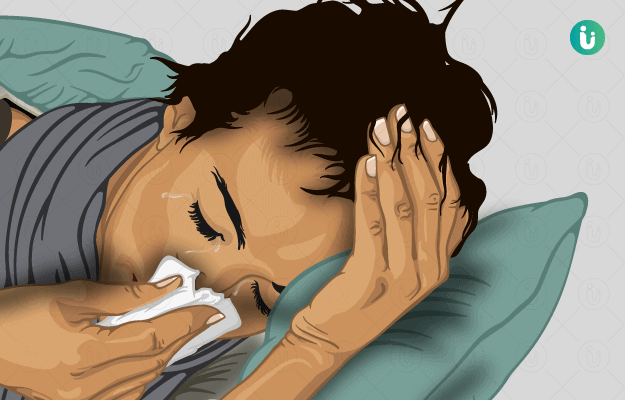Summary
Allergy is a common health condition which occurs when the body’s immune system overreacts to a foreign substance or an allergen which does not cause any reaction in several people. The severity of an allergy varies from person to person and can be as mild as an irritation to anaphylaxis which is a life-threatening medical emergency. Most allergies cannot be cured, however, there are several treatments available that can help to relieve the symptoms.

 Doctors for Allergy
Doctors for Allergy  OTC Medicines for Allergy
OTC Medicines for Allergy
 Lab tests for Allergy
Lab tests for Allergy Allergy articles
Allergy articles

 Ayurvedic Treatment of Allergy
Ayurvedic Treatment of Allergy
 First Aid for Allergy
First Aid for Allergy
 Home Remedies for Allergy
Home Remedies for Allergy
 Homeopathic Treatment of Allergy
Homeopathic Treatment of Allergy

































 Editorial Team
Editorial Team


 Dr. Apratim Goel
Dr. Apratim Goel

 Dr. Laxmidutta Shukla
Dr. Laxmidutta Shukla

 Dr. Rachita Narsaria
Dr. Rachita Narsaria












